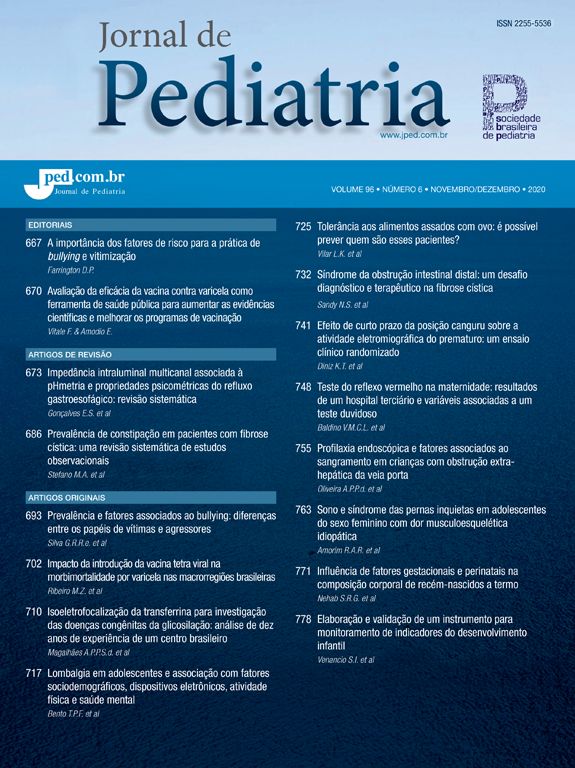The meningococcal disease has been a source of preoccupation all over the world. Epidemics have been registered periodically in developed or developing countries. The most frequent meningococci are those concerned with serogroups A, B and C. Researches to develop effective vaccines against the disease have been taking place since the 40's. Presently, only vaccines against the meningococci from the serogroups A, C, Ÿ and W-135 are avaiable. These vaccines have important limitations both due to the age range that they protect and the period of time that the protection lasts. They are not routinely used in vaccination programs and are indicated only in risc situations. This demands a strict epidemiological surveillance of the disease. There are no vaccines against the serogroup B meningococci with recognized effectiveness, although, in the last decades, many have been tested. There are perspectives of important advances in this area, mainly with the development of conjugated vaccines, like the Haemophilus influenzae type B vaccine. Until the present, the chemoprophylaxis of the intimate communicants of a case is the best way to avoid secondary cases.
O fator de impacto mede o número médio de citações recebidas em um ano por trabalhos publicados na revista durante os dois anos anteriores.
© Clarivate Analytics, Journal Citation Reports 2025
O CiteScore mede as citações médias recebidas por documento publicado. Mais informação
Ver maisSJR é uma métrica de prestígio baseada na idéia de que todas as citações não são iguais. SJR utiliza um algoritmo similar ao page rank do Google; é uma medida quantitativa e qualitativa ao impacto de uma publicação.
Ver maisSNIP permite comparar o impacto de revistas de diferentes campos temáticos, corrigindo as diferenças na probabilidade de ser citado que existe entre revistas de distintas matérias.
Ver mais







